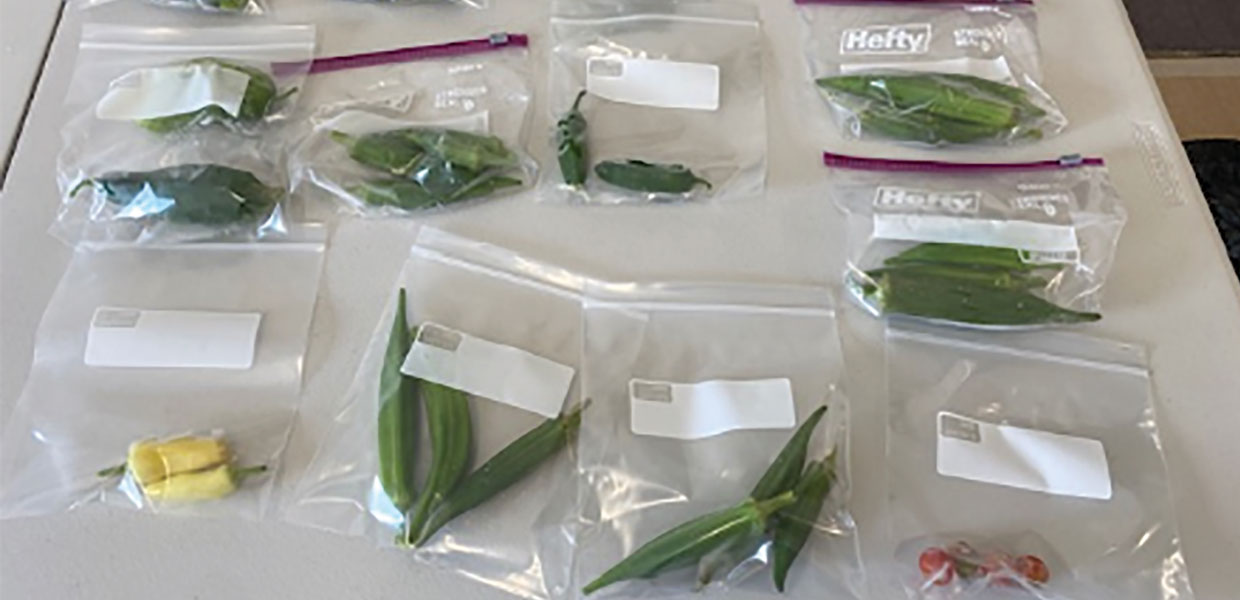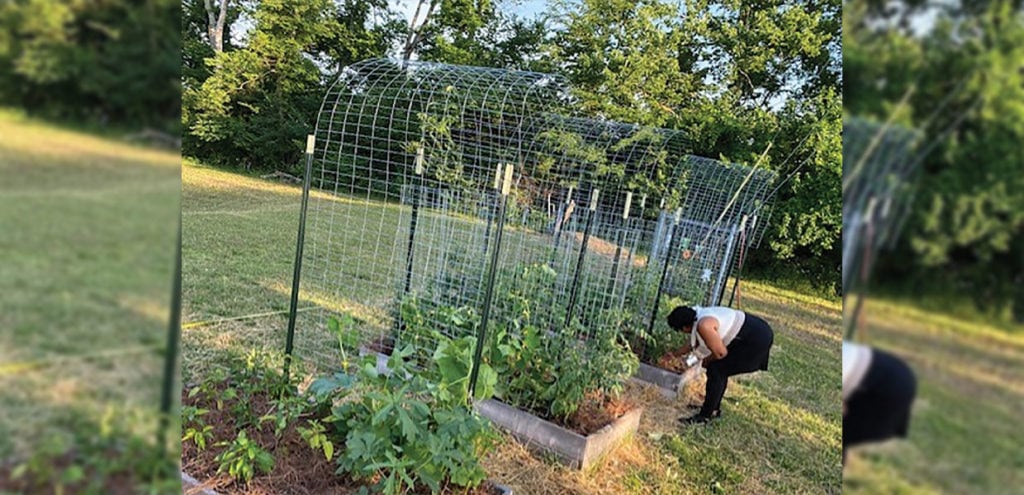
Community clinics; 5K races; a church garden in a food desert — health ministries throughout the Southern Union in the United States are finding ways to promote healthy living as they share the gospel of Jesus Christ.
In the book The Ministry of Healing, Seventh-day Adventist Church co-founder Ellen White wrote, “In the work of the gospel, teaching and healing are never to be separated” (p. 141). Most Adventists adhere to this belief and are using the Adventist health message to engage with the community and teach as well as heal.
Some churches in the South Central Conference of the United States, in particular, have wholeheartedly embraced this practice, Roger Wade, South Central’s communications and public relations director, shared.
“Our health ministries come alongside our evangelistic thrust,” Wade said. “We teach about diet, we teach about rest, we teach about exercise. We use the health principles to help people have a healthier life, and then if along the way they trip into Jesus, praise God, they can have a better spiritual life and be ready for eternity.”
When the call came to donate blood to help individuals with sickle cell anemia, Wade said, health ministries at New Covenant church in Memphis, Tennessee, and Orchard Park church in Chattanooga stepped up with quarterly blood drives in partnership with the American Red Cross.
“We’ve had other churches that have participated in blood collection, but it’s been a one-off kind of situation,” Wade said. “New Covenant and Orchard Park are making it part of their community outreach.”
In Nashville, Gordon Jones, pastor of Riverside Nashville church, noticed a major health need in his community shortly after moving to the city about two years ago. He said he went to a store near the church, and there were people trying to find groceries.
“It broke my heart,” Jones said, “because I know [that particular store] is not designed to be a supermarket.”
Jones said he did some research and discovered that his church is in a food desert. He talked to his members, and they decided to open a food pantry at the church. But they didn’t stop there. They wanted people who came to the food bank to get as much nutrition as possible, so they created a garden at the back of the church to grow produce including cucumbers, squash, and peppers.

Recently, the church had a reaping, and they were able to pull from the garden and add fresh produce to the food bank items people receive, Jones said. He said the church’s action reminds him of what Ellen White said in The Ministry of Healing about Jesus mingling with people and ministering to them as one desiring their good. He won their confidence, Jones said, and then He said, “Follow Me.”
“I think that as we minister to people providing food, addressing their needs, we are winning confidence,” Jones said. “As we win their confidence, we can point them to Jesus Christ. I can’t think about tomorrow if today I’m hungry. I can think about tomorrow if my basic needs are met today; then I can start to envision a future.”
Riverside also holds an annual dental/health clinic that’s scheduled for October this year. Previous clinics were facilitated by Wonder Drake, a Riverside member who is currently senior associate dean of faculty affairs at the University of Maryland School of Medicine. She said Adventists are in a unique position to promote healthy living.
“By observing health reform, it helps us be a witness in a way that people don’t necessarily think about day to day,” Drake said. She recalled an encounter she had with a woman at a grocery store.
“Don’t I know you?” the woman asked her. “You went to that church where they taught us how to eat vegetarian. They cooked all this food for us. I still eat that way. I got so much better. I lost weight; I don’t have to take blood pressure medicine anymore. I’m so grateful for what you all did.”
Over in the Georgia-Cumberland Conference, several events are held to promote healthy living in the community, such as 5K races, Diabetes programs, and health rallies at Adventist churches to empower and equip members to spread the health message in their communities.
EW Dempsey, who oversees health ministries for the conference, said the rallies focus on heart disease, type 2 diabetes, and the importance of having a healthy immune system.
“We approach it from a nutritional standpoint, but also exercise — aerobic exercise, strengthening your pulmonary system,” Dempsey said. “This is something … people need.”
Meeting the needs of people is something that the AdventHealth health system takes seriously. In communities they serve, a rigorous assessment is undertaken every three years to identify the needs and formulate a plan for bringing wholeness to those communities, AdventHealth reported. Each Community Health Plan (CHP) serves as an action plan for addressing the priorities outlined in AdventHealth’s 2022 Community Health Needs Assessment (CHNA), which was released last December and included record-high input from 22,000-plus community members, 366 stakeholders, and 69 focus groups from AdventHealth hospital-campus communities in nine U.S. states.
While mental and/or behavioral health ranked among top priorities in most plans, also notable on this assessment cycle is the factoring in of Social Determinants of Health (SDOH), such as access to services and high-quality health care, transportation, safe and affordable housing, and food security (nutrition and healthy eating).
Andrew Mwavua, executive director of community advocacy at AdventHealth, said the CHPs serve as a sort of “State of Our Communities.” Those plans and the CHNAs upon which they are based help advance the strategic goal of heightened awareness around community health needs and what AdventHealth is doing to address those needs.
Ultimately, Mwavua said, the goal is to build capacity in and with local communities so that they can more actively participate and, to an even greater extent, co-own the process and the deliverables. “What becomes future is what we do now,” Mwavua said. “Community Health Plans help guide strategic investments toward creating a more conducive ecosystem that increases the probability of longevity of life with quality.”
Whether it is a health rally, marathon, or community assessment, Adventists are working to teach and heal — “all for the glory of God.”
The original version of this story was posted by Southern Tidings.